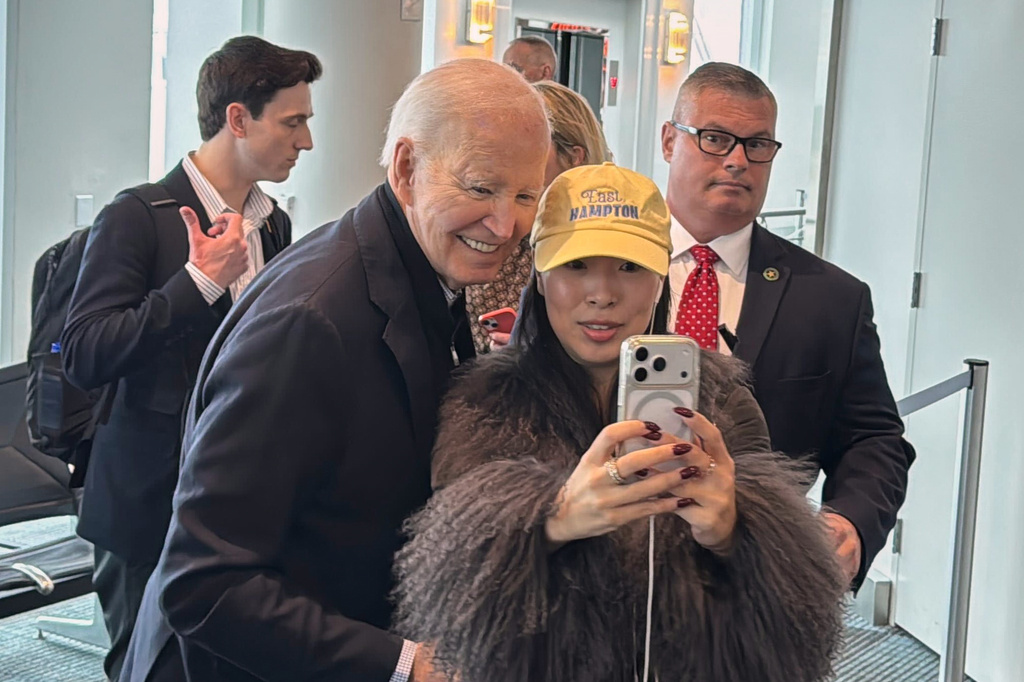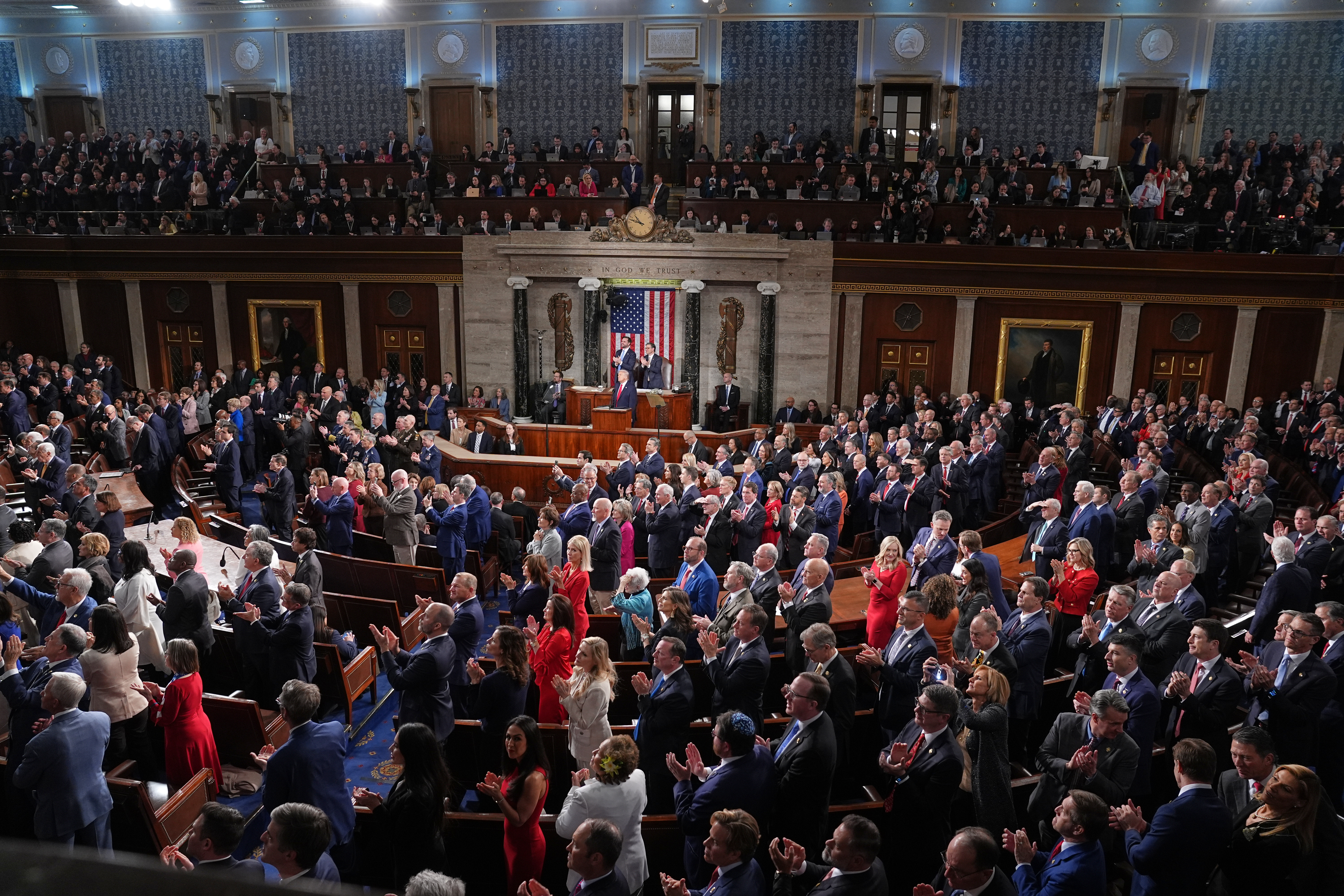A judge on Friday delayed former President Donald Trump's hush-money criminal trial until at least mid-April after his lawyers said they needed more time to sift through a profusion of evidence they only recently obtained from a previous federal investigation into the matter.
Judge Juan Manuel Merchan agreed to a 30-day postponement and scheduled a hearing for March 25 to address questions about the evidence dump. The trial had been slated to start on March 25. It is among four criminal indictments against Trump, the presumptive 2024 Republican presidential nominee.
Trump's lawyers wanted a 90-day delay, which would've pushed the start of the trial into the early summer. Prosecutors said they were OK with a 30-day adjournment "in an abundance of caution and to ensure that defendant has sufficient time to review the new materials."
Trump's lawyers said they have received tens of thousands of pages of evidence in the last two weeks from the U.S. attorney's office in Manhattan, which investigated the hush money arrangement while Trump was president.
The evidence includes records about former Trump lawyer-turned-prosecution witness Michael Cohen that are "exculpatory and favorable to the defense," Trump's lawyers said. Prosecutors said most of the newly turned over material is "largely irrelevant to the subject matter of this case," though some records are pertinent.

Nathan Wade out in Georgia election case after DA Willis relationship
A judge ruled Fulton County District Attorney Fani Willis or special prosecutor Nathan Wade had to leave the case for it to move forward.
The hush money case centers on allegations that Trump falsified his company's records to hide the true nature of payments to Cohen, who paid porn actor Stormy Daniels $130,000 during the 2016 presidential campaign to suppress her claims of an extramarital sexual encounter with Trump years earlier.
Trump pleaded not guilty last year to 34 felony counts of falsifying business records and has denied having a sexual encounter with Daniels. His lawyers argue the payments to Cohen were legitimate legal expenses and were not part of any cover-up.
Prosecutors contend Trump's lawyers caused the evidence problem by waiting until Jan. 18 — a mere nine weeks before the scheduled start of jury selection — to subpoena the U.S. attorney’s office for the full case file.
District Attorney Alvin Bragg's office said it requested the full file last year but the U.S. attorney's office only turned over a subset of records. Trump's lawyers received that material last June and had ample time to seek additional evidence from the federal probe, the district attorney’s office said.
Short trial delays because of issues with evidence aren't unusual, but any delay in a case involving Trump would be significant, with trial dates in his other criminal cases up in the air and Election Day less than eight months away.
The defense has also sought to delay the trial until after the Supreme Court rules on Trump's presidential immunity claims, which his lawyers say could apply to some of the allegations and evidence in the hush money case. The Supreme Court is scheduled to hear oral arguments April 25.
Trump has repeatedly sought to postpone his criminal trials while he campaigns to retake the White House.
"We want delays," Trump told reporters as he headed into a Feb. 15 hearing in New York. "Obviously I'm running for election. How can you run for election if you’re sitting in a courthouse in Manhattan all day long?"









